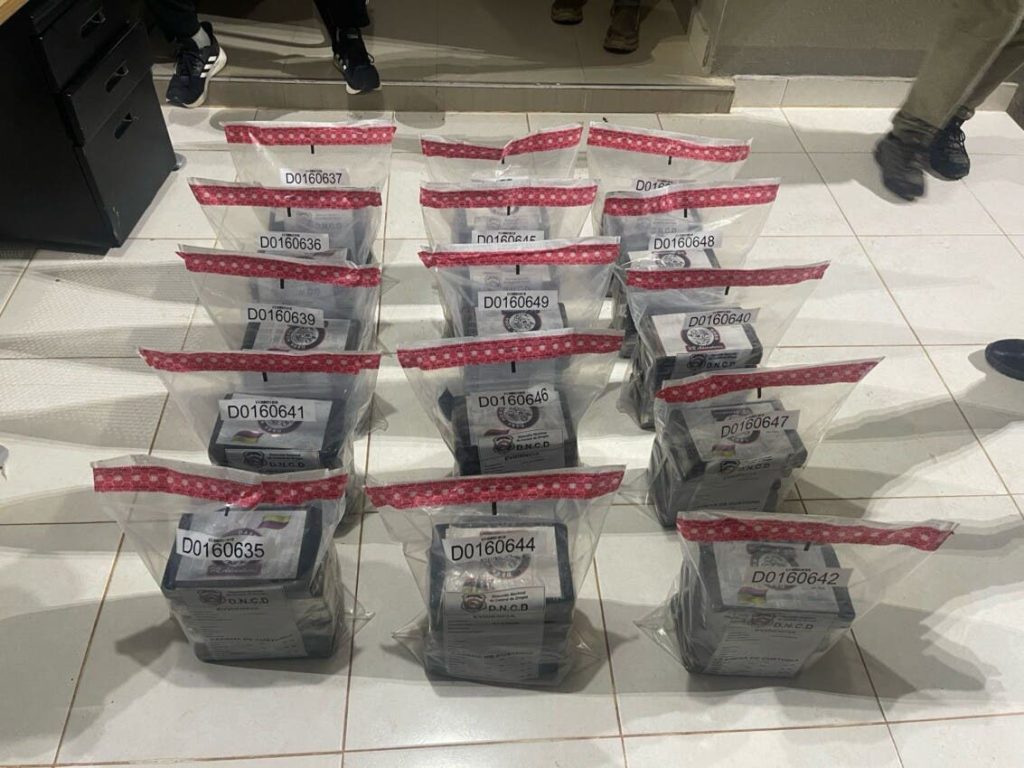In an effort to address one of the most entrenched problems in Peru, the Techno-Economics Research Institute (TRI) has presented an innovative proposal to combat corruption using a behavioral certification system, commonly known as social credit.
This system, which evaluates and rates citizens and companies based on their positive or negative actions, is positioned as a key technological tool to reduce the incidence of corrupt behavior.
WATCH: Congress: Plenary debates tomorrow the suspension of Juan Carlos Lizarzaburu for 120 days
Qualitative Analysis and Results
To develop this proposal, TRI conducted a comprehensive qualitative analysis that included both Peruvians’ knowledge of corruption and its effects, as well as a background study of social credit systems in other countries. Initial results of the study revealed that, although corruption is perceived as a significant problem by Peruvians, there is still a significant lack of understanding of the issue and its interrelations with other crimes.
According to an analysis of Google searches, approximately 41,080 searches are made each month for terms associated with corruption, such as “bribery”, “fraud”, “influence peddling” and others.
Of these questions, most of the doubts raised by Peruvians focus on defining its meaning, delving into its content and legal solutions, as well as its relationship to local events. This level and type of interest demonstrates a palpable concern for understanding and combating corruption.
TRI Proposal: Behavior Certification
The TRI proposes the implementation of a behavioral certification system (CC) that is divided into two categories: Citizen Behavior Certificate (CCC) and Business Behavior Certificate (CCE). This system would be fueled by positive actions, such as paying taxes and fulfilling obligations, and would penalize negative behaviors, such as traffic violations or tax evasion.
Technology would play a fundamental role in this system, using tools such as blockchain, big data and artificial intelligence to measure, predict and alert about inappropriate behavior. In this way, the aim is to promote a culture of collectivism and civility, reducing the tendency towards individualism which, according to the TRI, is a key factor in the development of corrupt environments.
In the Peruvian context, the study cites the Corruption Perceptions Survey conducted by Proética in 2022. It reveals that more than 50% of respondents believe that corruption affects their family economy and the country’s economic growth. However, 12% of respondents admitted to having paid bribes in the last year.
To assess Peruvians’ willingness to use the social credit system, TRI relied on Kaspersky’s 2020 survey “Social Credit and Security: Embracing the World of Ratings.” The results show that 49% of respondents were familiar with the concept of social credit, 43% would be willing to share private data in exchange for better rates and discounts, 49% already use information about their financial behavior to obtain financing, and 51% would accept government oversight of their social media activities to stay safe.
Implementation and Future
TRI recommends pilot programs and awareness campaigns to increase awareness and acceptance of social credit in Peru. Although current interest is low, with only 210 Google searches for Peru on July 25 and 170 on August 4, TRI is confident that proper education and demonstration of benefits could change this perception.
Social credit, although controversial, offers an opportunity to address corruption in a structural and systematic way. TRI’s proposal invites consideration of innovative and technological approaches to address one of the country’s greatest social challenges.
Take advantage of cyber HERE and receive our digital newspaper from S/ 54 for a whole year!


















